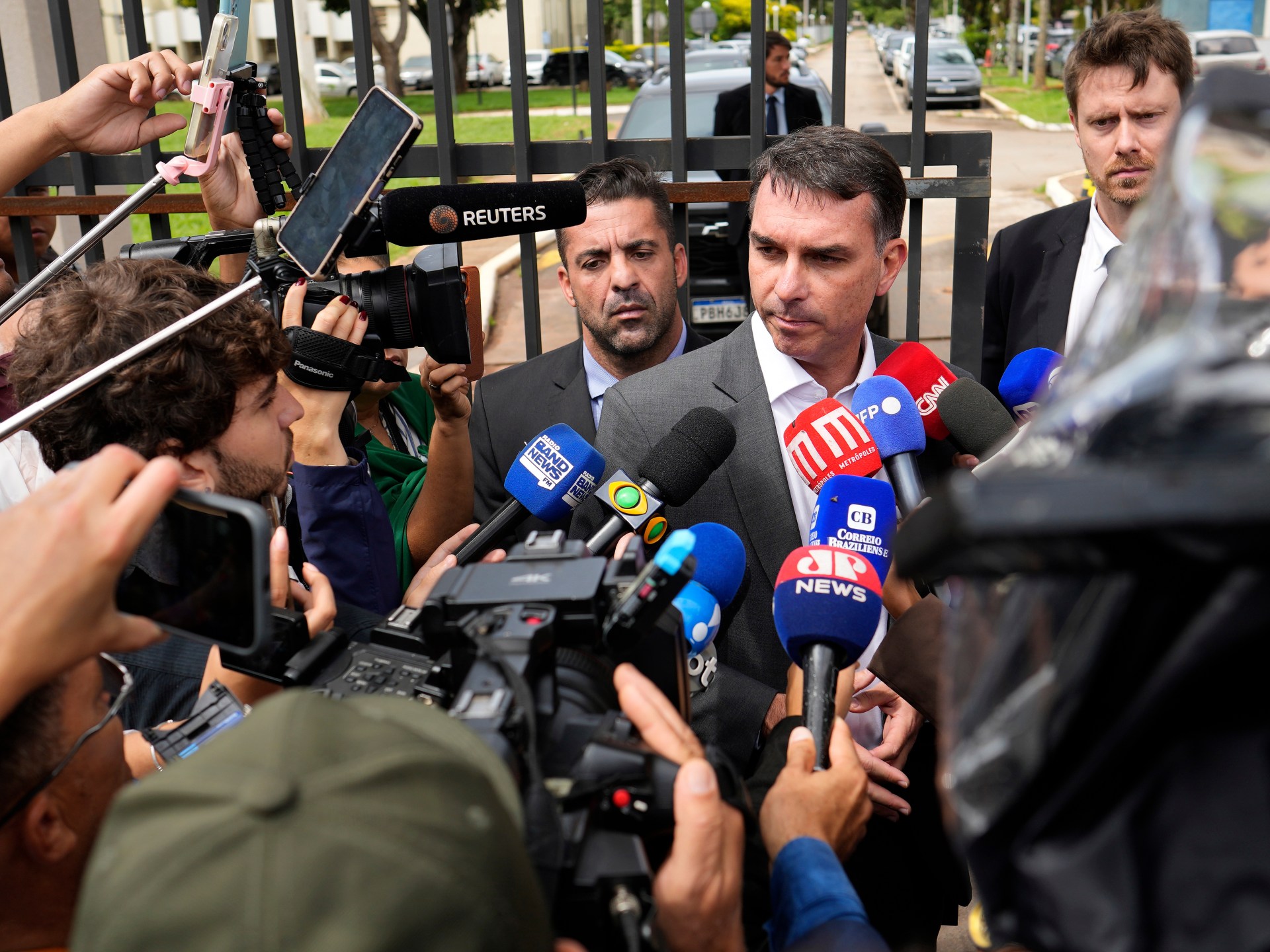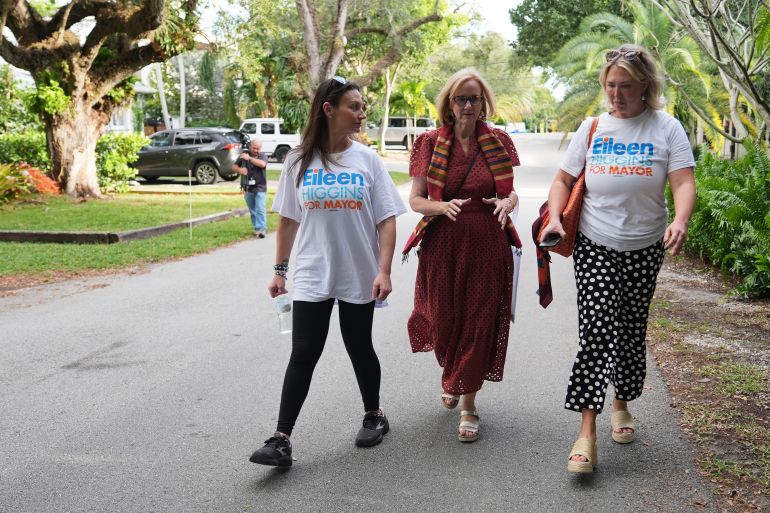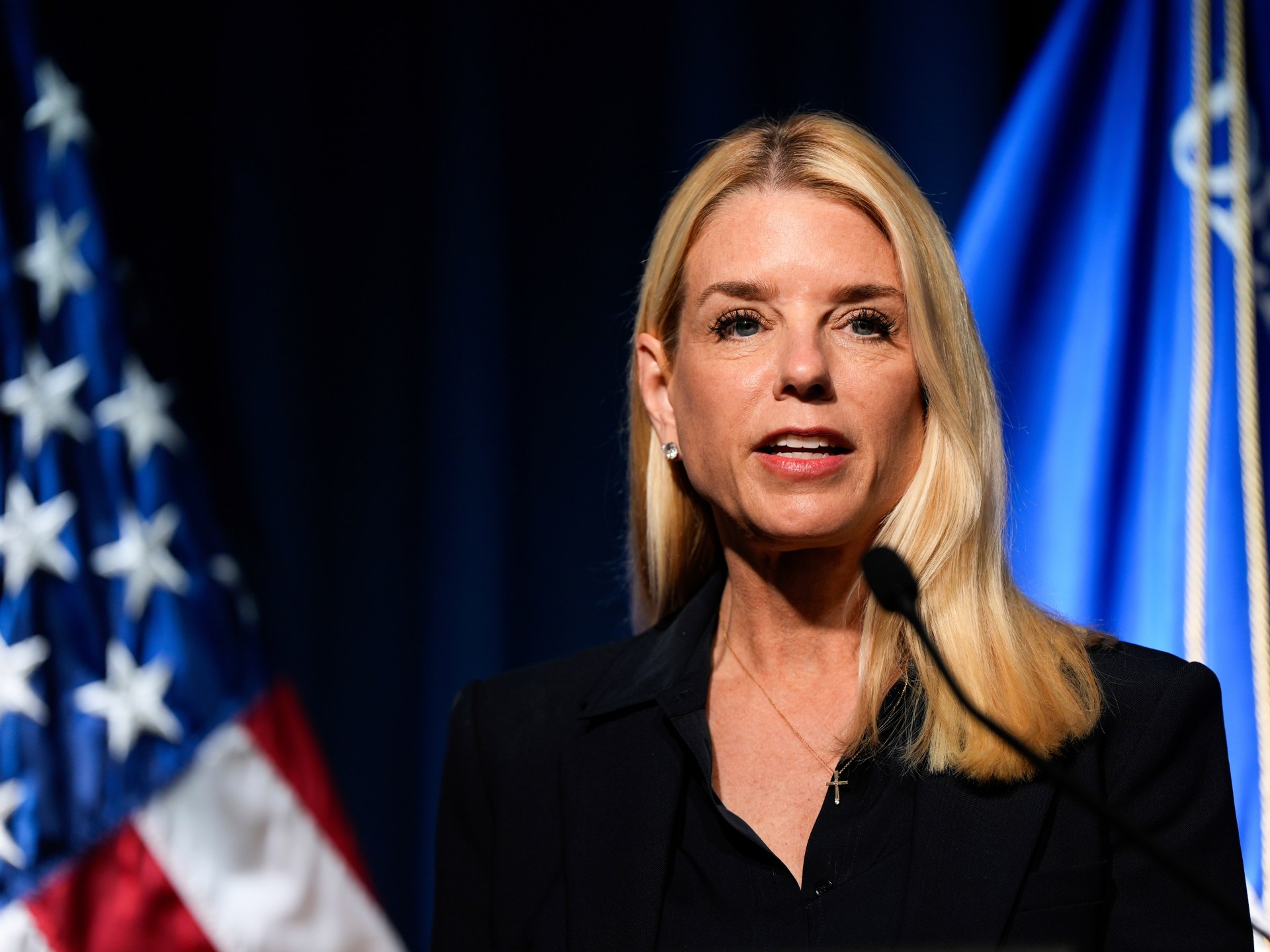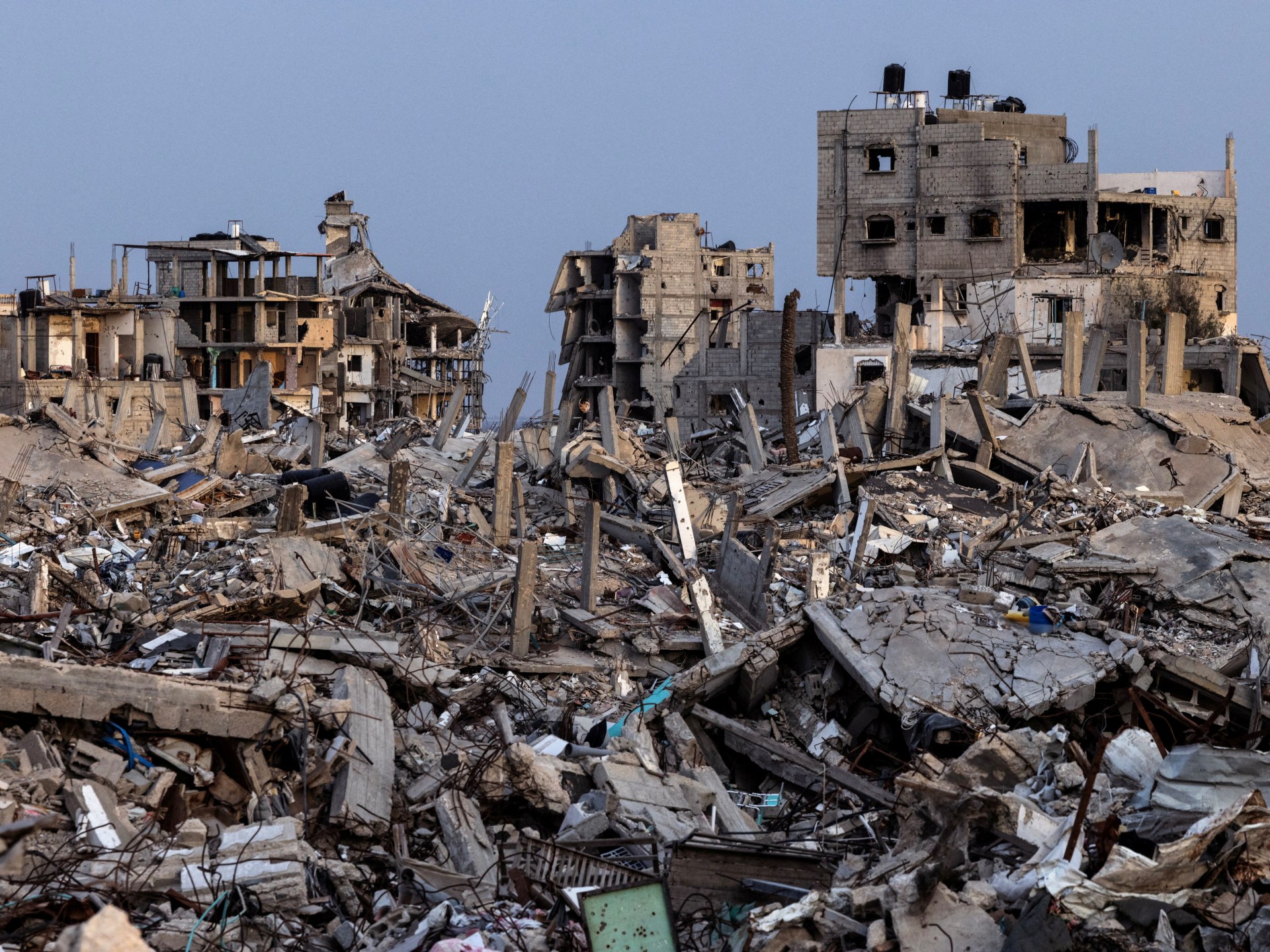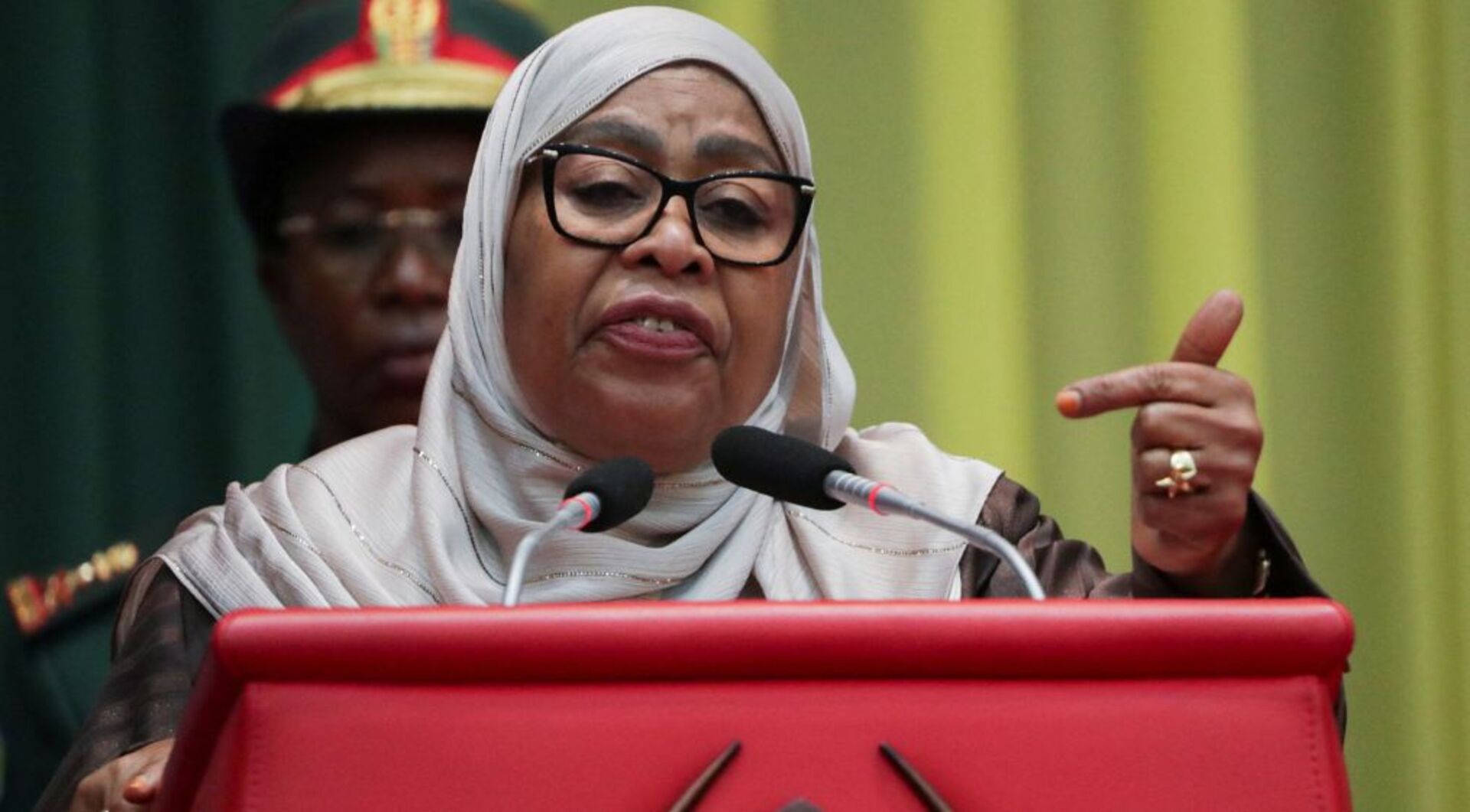Far-right Senator Flavio Bolsonaro has reaffirmed his commitment to running in Brazil’s 2026 presidential race, despite criticism that he appeared to be openly haggling over whether to remain a candidate.
On Tuesday, Bolsonaro met with reporters outside federal police headquarters in the capital Brasilia, where his father, former President Jair Bolsonaro, is serving a 27-year sentence for attempting to foment a coup.
Recommended Stories
list of 3 itemsend of list
The younger Bolsonaro said he conveyed to his father that he would not shrink from the 2026 race.
“I told him this candidacy is irreversible,” Flavio said. “And in his own words, ‘We will not turn back.’ Now it is time to talk to people, so we can have the right people on our side.”
The senator also attempted to clear up the comments that sparked the initial controversy.
On Sunday, Flavio raised eyebrows when he told Brazilian media that he could exit the race — for the right “price”.
“There’s a possibility I won’t go all the way,” Flavio said at the time. “I have a price for that. I will negotiate.”
He declined to name what that price would be, but his comments were widely interpreted to be a reference to his father’s imprisonment.
In September, a panel on Brazil’s Supreme Court convicted Jair of five charges related to his attempts to overturn the 2022 presidential election, including one count of seeking the violent abolition of the democratic rule of law.
Jair lost the 2022 race to current Brazilian President Luiz Inacio Lula da Silva, a left-wing leader who has announced he will run for a fourth term in 2026.
In November, the Supreme Court panel ordered Jair to be taken into custody to begin his sentence, after the ex-president admitted to damaging his ankle monitor.
Separately, in 2023, Brazil’s Supreme Electoral Tribunal ruled that Jair should be barred from holding public office for eight years, as a penalty for misusing the presidential office to spread election falsehoods.
Since his detention, Jair has backed his eldest son’s candidacy in the 2026 race. Liberal Party (PL) president Valdemar Costa Neto also confirmed on Friday that Jair’s endorsement meant that Flavio would indeed lead the party’s ticket.
Flavio has since received other right-wing endorsements, including from Sao Paulo Governor Tarcisio de Freitas, who was previously considered a frontrunner to represent the PL.
But Flavio’s comments on Sunday have thrown his nascent candidacy into doubt.
Critics, including from Lula’s Workers Party, have seized upon Flavio’s suggestion of a “price” to question his ethics and commitment.
“No one launches a candidacy one day, and the next day says, ‘Look, I can negotiate,’” Edinho Silva, the president of the Workers Party, told reporters. “It’s not just me. No one would take it seriously.”
But Flavio on Tuesday dismissed the attacks and reaffirmed he would stay in the race, while fighting for his father’s freedom.
